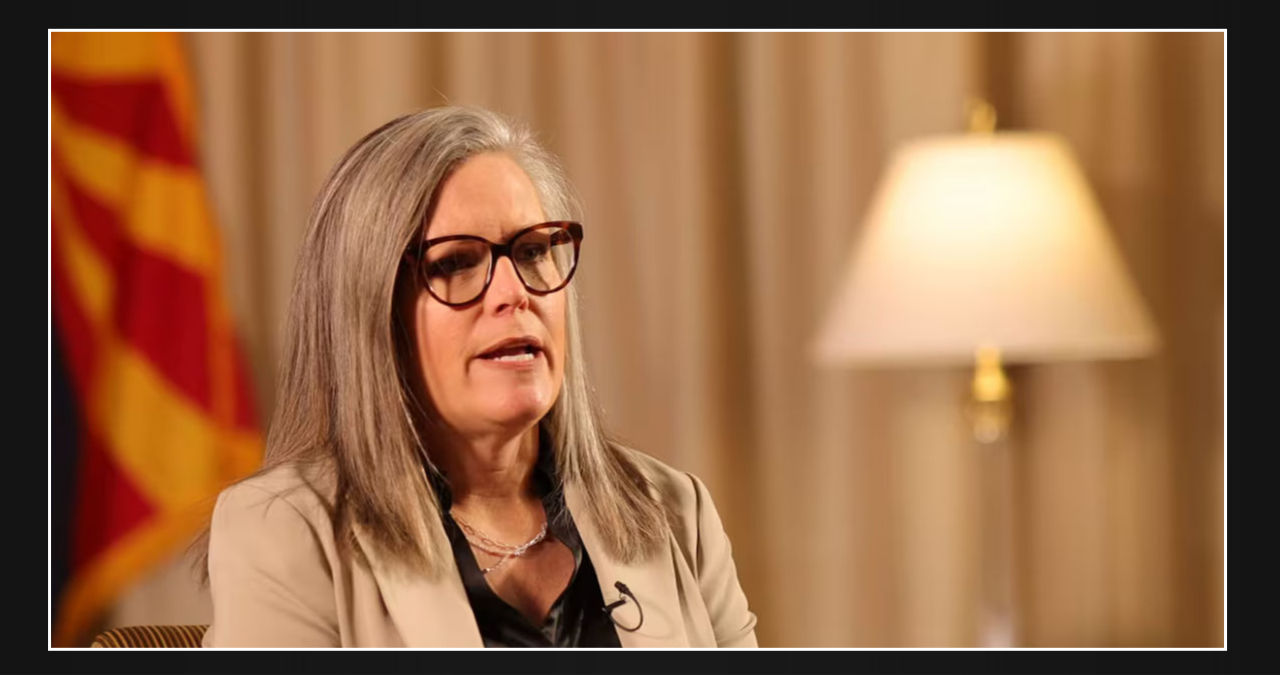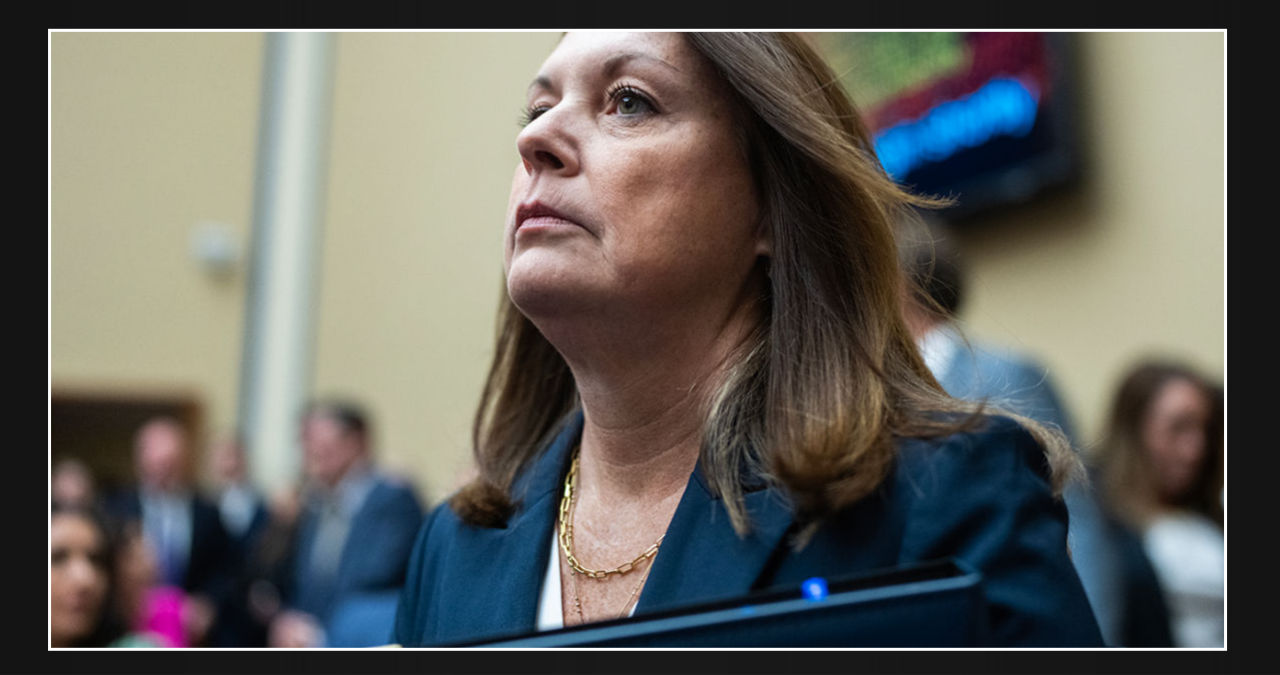New York Attorney General Letitia James has reminded New Yorkers that a new law has been passed to establish deed theft as a crime and to expand the jurisdiction of the Office of the Attorney General (OAG) to prosecute this offense. Co-authored by Attorney General James and sponsored by State Senator Zellnor Myrie and Assemblymember Landon C. Dais, the legislation sets out to amend the statute of limitations, providing homeowners and prosecutors with more time to seek justice and grant the OAG original criminal jurisdiction to prosecute deed theft. This move is part of Attorney General James’ latest efforts to protect New Yorkers from deed theft, which is a criminal scam that deprives families of their homes and livelihoods. Last year, she also championed legislation sponsored by State Senator Brian Kavanagh and Assemblymember Helene Weinstein to enhance civil deed theft protections. This earlier legislation empowered the Attorney General and local district attorneys to pause related eviction and ownership dispute proceedings and expanded the list of crimes that allow prosecutors to invalidate fraudulent sale and loan documents, among other measures. This law went into effect in December 2023.
If you’re a New Yorker who suspects that you’ve fallen victim to deed theft, the OAG advises you to get in touch with them as soon as possible. You can reach them by calling 1(800) 771-7755, sending an email to deedtheft@ag.ny.gov, or submitting a confidential complaint.
According to the Attorney General James, deed theft is a heartless act that deprives New Yorkers of their homes, financial security, and communities. With the enactment of this law, we recognize deed theft as a serious crime and provide more authority to the Attorney General’s office and district attorneys to prevent these con artists from exploiting hardworking individuals. State Senator Myrie and Assemblymember Dais deserve gratitude for co-sponsoring this legislation. These crucial changes will aid in keeping New York families where they rightfully belong, in their homes.
State Senator Myrie expressed his concern about the ease with which scammers can prey on unsuspecting homeowners and the difficulty in obtaining justice during the Senate hearing on deed theft in 2022. The vulnerable communities, particularly in Central Brooklyn, are at a higher risk of falling victim to this fraudulent practice. He appreciated Attorney General James’ collaboration in enhancing the law to prosecute deed theft and safeguard the homes of New Yorkers.
Assemblymember Dais, who was elected to the 77th Assembly District, has kept his promise to protect the residents of the district. This promise was the driving force behind his sponsorship of the Deed Theft Bill with State Senator Myrie and Attorney General James. This new legislation will be a game-changer for homeowners in New York, especially seniors who are being targeted by con artists. The bill will provide district attorneys and the Attorney General with a powerful legal tool to prosecute these scammers. Dais expressed his gratitude to his colleagues in the Assembly and Senate for their bipartisan support, the Attorney General for pushing this issue to the forefront, and the Governor for recognizing the importance of this landmark legislation. Homeowners in New York can now rest assured that they have added protection against potential scammers.
When someone takes the title or deed to another person’s home without the homeowner’s knowledge or approval, it is considered deed theft. This type of theft particularly affects elderly homeowners and homeowners of color, especially in gentrifying neighborhoods in New York, where homes have significantly increased in value over the years.
Previously in New York state, deed theft was not considered a criminal offense. However, with the passing of this new law, the penal code has been amended to recognize deed theft as a form of grand larceny. The statute of limitations has been extended, providing more time for the identification and investigation of cases, and the original criminal jurisdiction has been granted to the Office of the Attorney General (OAG) to prosecute deed theft crimes alongside district attorneys throughout the state. These criminal provisions are aimed at increasing enforcement opportunities and ensuring that New Yorkers are able to retain their homes. Attorney General James’ new law is a significant step forward in protecting property rights and preventing fraudulent practices.
-
- Establish Deed Theft as a Crime: Under this new law, deed theft is now legally considered grand larceny, and can be prosecuted as such.
- Grand Larceny in the First Degree, a Class B Felony applies to deed theft of a residential real property that is occupied as a home by at least one person and is a home that is owned by someone who is elderly, incapacitated, or physically disabled, or deed theft of three or more residential real properties, regardless of monetary value.
- Grand Larceny in the Second Degree, a Class C Felony applies to deed theft of one residential property, one commercial mixed-use property with at least one residential unit, or two or more commercial properties, regardless of monetary value.
- Grand Larceny in the Third Degree, a Class D Felony applies to deed theft of one commercial real property, regardless of monetary value.
- Extend the Statute of Limitations: This new law changes the statute of limitations to prosecute deed theft crimes so that prosecution must begin within five years of the theft or within two years after the rightful homeowner realizes their deed has been stolen, whichever occurs later.
- Grant OAG Original Criminal Jurisdiction: This new law grants OAG concurrent original jurisdiction to prosecute deed theft crimes alongside district attorneys throughout the state.
- Establish Deed Theft as a Crime: Under this new law, deed theft is now legally considered grand larceny, and can be prosecuted as such.
-
- Grand Larceny in the First Degree, a Class B Felony applies to deed theft of a residential real property that is occupied as a home by at least one person and is a home that is owned by someone who is elderly, incapacitated, or physically disabled, or deed theft of three or more residential real properties, regardless of monetary value.
- Grand Larceny in the Second Degree, a Class C Felony applies to deed theft of one residential property, one commercial mixed-use property with at least one residential unit, or two or more commercial properties, regardless of monetary value.
- Grand Larceny in the Third Degree, a Class D Felony applies to deed theft of one commercial real property, regardless of monetary value.
Last year, the state legislature passed Attorney General James’ legislation, co-sponsored by State Senator Kavanagh and Assemblymember Weinstein, which reforms New York’s civil laws to offer residents more options to safeguard their homes and prevent deed theft. Previously, there were few legal options open to homeowners and prosecutors once a scammer secured the deed to someone’s home. Attorney General James’ rule empowers prosecutors to initiate legal action against properties suspected of deed theft, thereby acting as a “red flag” alerting banks and insurance companies to potential frauds and nullifying the protections afforded by good faith purchasers. The statute also allows New Yorkers to remain in their houses and stay an eviction action in housing court if the legitimate homeowner can demonstrate proof of a suspected deed theft in progress. The law also expanded the Homeowner Equity Theft Prevention Act (HEPTA) to give homeowners with active utility debts the right to terminate any contract to sell their property.
The new criminal laws, which go into effect today, as well as the civil improvements passed last year, will help New Yorkers stay in their homes. These new regulations will provide homeowners with enhanced safeguards against deed theft, equip law enforcement with new instruments to combat deed thieves, and deter scammers from stealing homes.
This is the most recent measure Attorney General James has taken to combat deed theft. Attorney General James announced Marcus Wilcher’s conviction and imprisonment in July 2024 for being the leader of a Queens deed theft ring that sold three homes without the knowledge of the legal owners and collected more than $1 million. Attorney General James praised the approval of her legislation, cosponsored by State Senator Brian Kavanagh and Assemblymember Helene Weinstein, in June 2023, which amended New York’s civil statutes to give new options for preventing deed theft. In July 2023, Attorney General James announced the indictment of a Long Island man for deed theft for allegedly stealing two Harlem houses worth more than $4.7 million during their respective ownership periods. In February 2021, Attorney General James announced that the New York City Department of Housing Preservation and Development and the Center for New York City Neighborhoods would receive an $800,000 grant from Office of the Attorney General (OAG) settlements as part of a program to raise awareness of deed theft in vulnerable neighborhoods. Attorney General James launched the Protect Our Homes campaign in January 2020, announcing the formation of an interagency task group to combat deed theft and other forms of real estate fraud.
Contact the OAG by calling 1 (800) 771-7755, emailing deedtheft@ag.ny.gov, or filing a confidential complaint if you believe you have been a victim of deed theft.
The Homeowner Protection Program, a network of housing counselors and legal service providers in New York backed by OAG, provides free housing counseling and legal aid across the state. To seek assistance, homeowners can contact HOPP online or by phone at (855) 466-3456.






